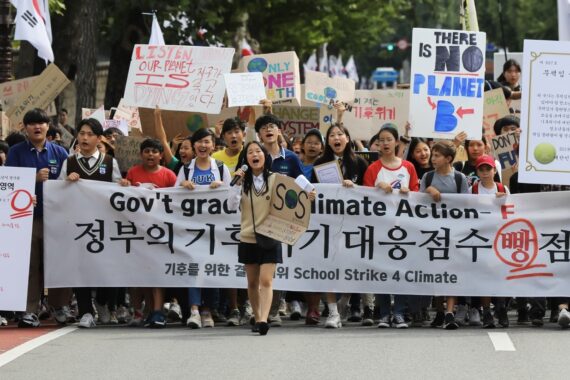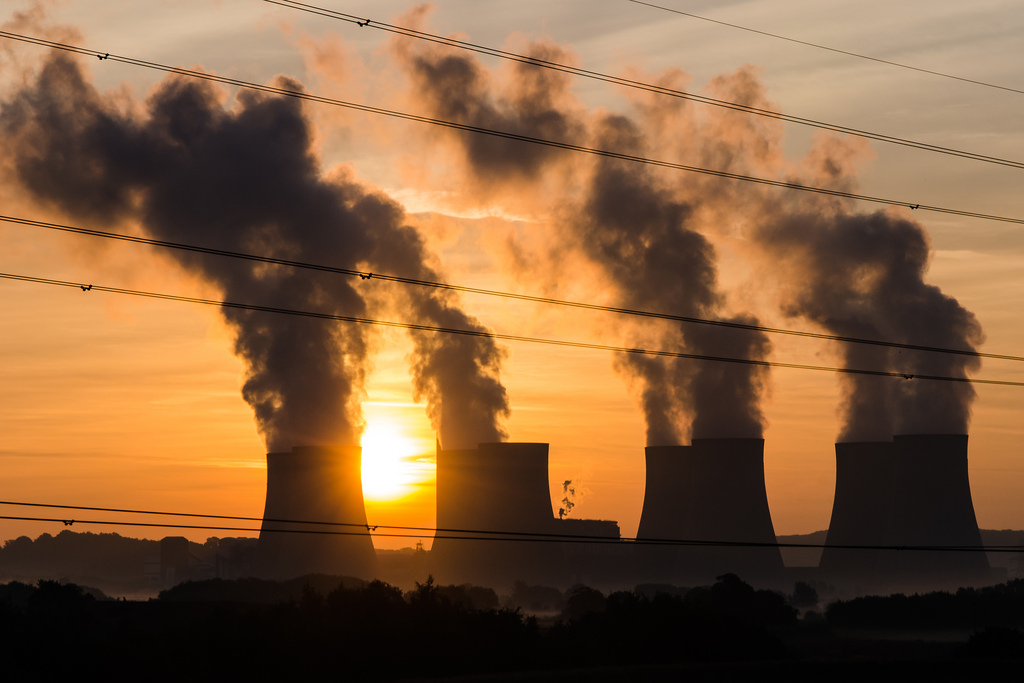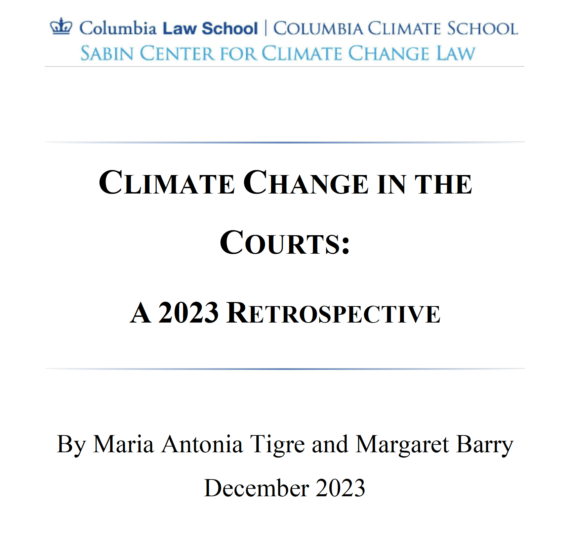The three much-awaited judgments issued by the European Court of Human Rights (ECtHR) on April 9, 2024 are truly historic and unprecedented. In Verein Klimaseniorinnen Schweiz and Others v. Switzerland, the Grand Chamber established that climate change is “one of the most pressing issues of our times” and poses a […]
Climate Litigation
In a transformative moment for European and global climate litigation, the European Court of Human Rights (ECtHR) ruled today that the state has a positive duty to adopt, and effectively implement in practice, regulations and measures capable of mitigating the existing and potentially irreversible future effects of climate change. In […]
We are in a critical decade for action on climate change. The world is on track to experience 3°C of warming and the “window of opportunity to secure a liveable and sustainable future for all” is rapidly closing. National governments are the most important systemic actors in the governance of […]
In the first months of 2024, legislators in four states—Maryland, Massachusetts, New York, and Vermont—have pushed for legislation that would collectively require large fossil fuel producers and refiners to pay for hundreds of billions of dollars of state-level climate adaptation infrastructure. E&E News reports that similar legislation may soon be […]
Litigation against major corporate greenhouse gas (GHG) emitters has proven extremely tough. Even as successful cases against governments have blossomed, private suits face significant barriers. A civil law breakthrough came in 2021, with the ruling of a Dutch court against Shell. In Smith v Fonterra, decided by New Zealand’s Supreme […]
Today, the Sabin Center published an end-of-year report on the state of climate change litigation in 2023. The report, titled Climate Change in the Courts: A 2023 Thematic Retrospective, examines key cases and rulings that have shaped the legal discourse on climate change in 2023 or that are poised to […]
Climate litigation in Germany has achieved another major victory. On November 30, 2023, the Higher Administrative Court Berlin-Brandenburg ruled in DUH and BUND v. Germany that the federal government must adopt an immediate action program (‘Sofortprogramm’) under the Federal Climate Change Act (CCA). The program is intended to ensure compliance […]
Last week, the Sabin Center’s Peer Reviewer Network provided a detailed comment in response to the African Commission on Human and Peoples’ Rights’ Call for Comments on the draft study concerning the impact of climate change on human rights in Africa. The comment offers recommendations to strengthen the draft study’s […]








